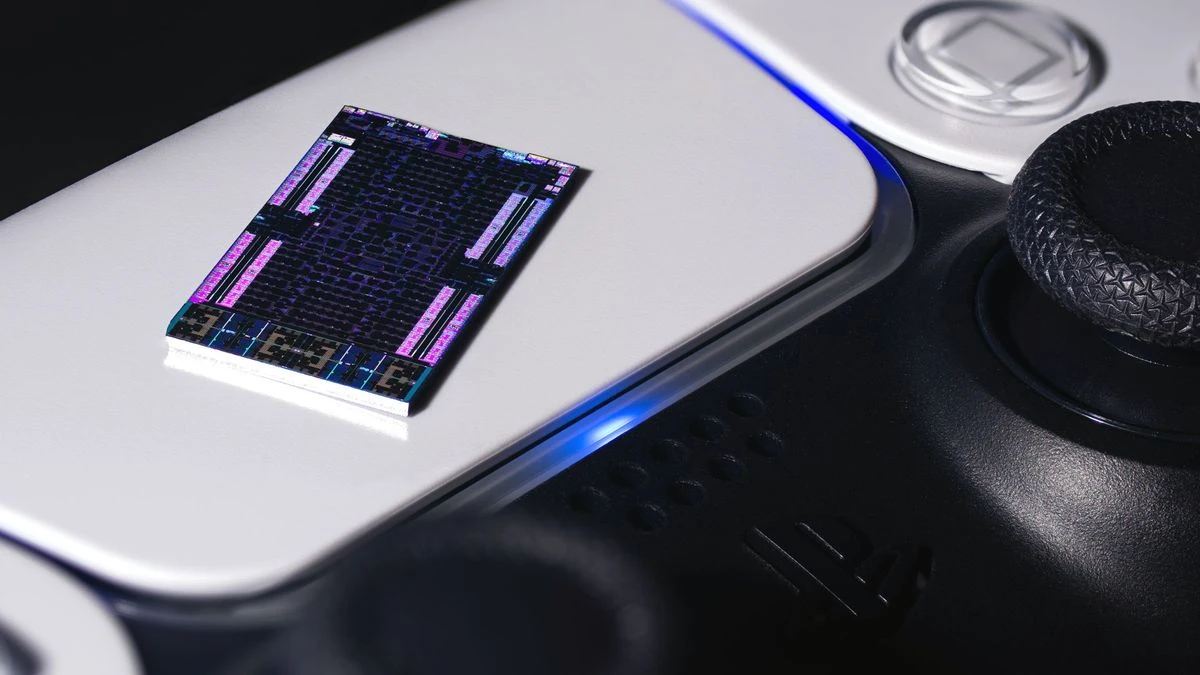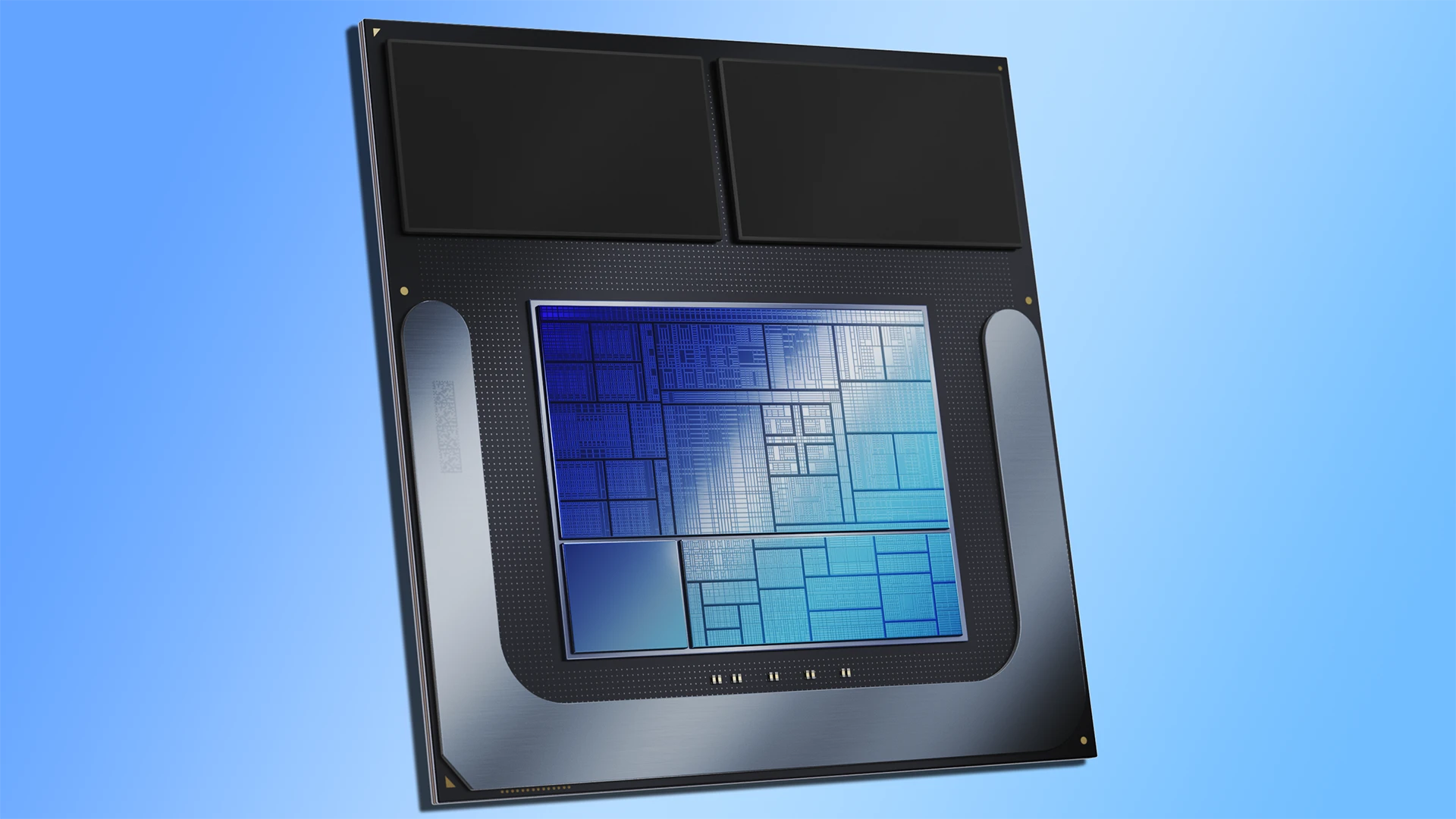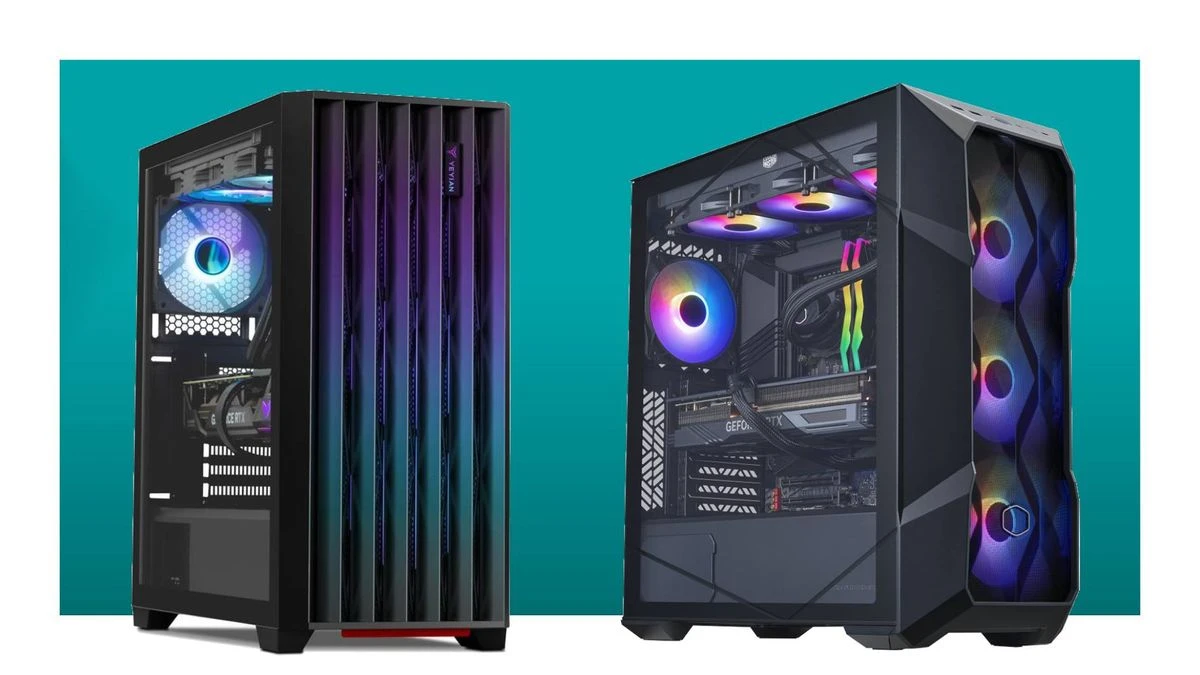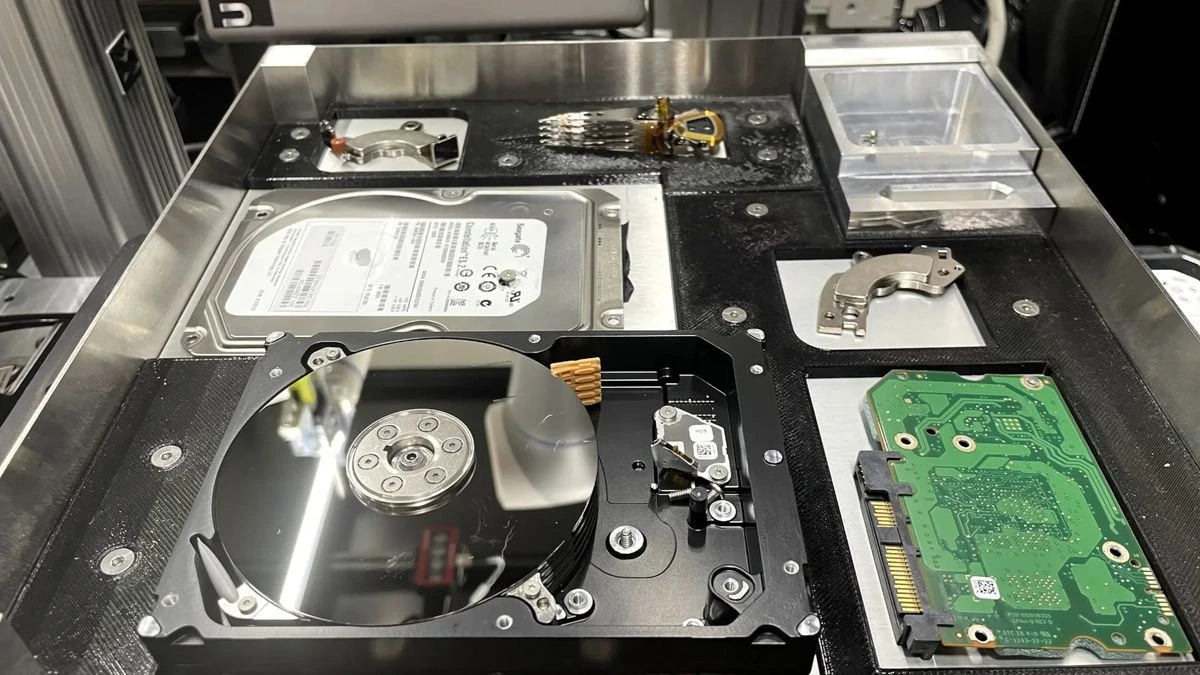Report claims that Intel was in the running for the PlayStation 6 APU, but lost to AMD over disputes over profit margins.
AMD is the console chip manufacturer of choice for the PlayStation 5 Pro. Given its history with Sony we all expected it to remain so for the PS6. According to a recent report, several processor companies competed to win the contract, including Intel. Intel ultimately lost out to AMD due to disputes over profit margins.
Reuters is the source of the report, so it's not just some random blogger. However, there are no named sources. According to Reuters, AMD, Broadcom and Intel, among other chip companies, submitted bids to design and manufacture the processor that will be powering Sony's next generation PlayStation console.
You'd be forgiven if you thought that Team Red was already set to be used for the PlayStation 4, PS4 Pro and PS5 as well as the newly announced PS5 Pro.
It appears that it is not true. In 2022, Sony and Intel held a flurry discussion with the aim of Intel designing the chip and making them in its own foundries rather than using TSMC.
Intel would have received a much needed boost in revenue if it had won the bid. Reuters reports that the deal would have cost $30 billion over the course of the contract. This would have required the chip factories to produce thousands of silicon wafers each month.
Sony claims that in 2023 alone 20.8 million PlayStation 5 consoles will be sold, and each one is equipped with an AMD all-in-1 APU chip.
AMD does not break down its finances in enough detail to calculate how much money the Sony contract brings in, but its gaming division had a revenue of $6.8 billion in the same period. The majority of this is due to the PS5 chip. Its operating income was only $0.9 billion, which tells us everything we need to know about the margins on console processors.
Reuters reports that this is what ultimately prevented Intel from winning the PS6 contract. "A dispute over the amount of profit Intel would make from each chip sold by the Japanese electronics giant, according to two sources, blocked Intel from settling the price with Sony." AMD won the contract instead through a competitive bid process that eliminated Broadcom and other companies until only Intel, AMD, and AMD remained.
I suspect there was more going on than just profit margins. Intel's foundry services doesn't have many big-name clients, but it has prepared its systems for any Arm-based orders. The new chip would have used a lot of unknown technology - especially in regards to the GPU (Arc was only announced in 2022).
Sony would know what it is getting with AMD and staying with them would make game developers much happier.
While the Sony contract does not generate a large amount of income for AMD it does provide stability to its revenue stream, which makes it attractive to investors and lenders.
Intel would have been better off if it had known where it would be two years from now. Team Blue is currently in a bad situation.
Intel's Arrow Lake processor is a promising product, but only a small portion of it was made by Intel. All of the tiles, as well as the Lunar Lake laptop chip, are made by TSMC. This is not a good reflection on Intel's foundries.
The original Xbox of 2001 was the last console to use an Intel processor. It was equipped with a semicustom Pentium 3 (and a separate Nvidia graphics card). Since 2013, Sony and Microsoft both rely on AMD to design and manufacture the all-in one CPU-GPU processor.
It looks like AMD will continue to dominate the market for the next decade despite Intel's best efforts.





Comments